
Where I come from, sweating was something a young lady did not do much less display. Sweat rings under your arms were cause for intense shame and elicited something akin to disgust when seen in others. Sweat was something reserved for workers or athletes, in any other context it was gauche. It took me years to get accustomed to the fact that you can no longer use deodorant after they have removed your lymph nodes in your armpits during cancer surgery. What do you call then that feeling of doing something wrong when – really – it is just declared right or wrong by decree of a certain class?

How empowering to come across the poem below by a Spanish poet who died way too young, but who had his politics right – or left, as the case may be. As a communist he fought for the Republic during the Spanish Civil war, addressing the troops with his poetry (and the rest of us, now, with the merger of sweat and solidarity). He was caught after the Republic’s surrender and sentenced to death, a sentence commuted to 30 years in prison, where he was tortured and miserably died of tuberculosis.

106 degrees pales in comparison. Photographs of some of my favorite dancers and actors in town, in action.
Sweat
Water drinks its paradise in the sea,
and sweat finds horizon, uproar, crest.
Sweat is a brimming salty tree,
a greedy surf.
To offer the land its trembling cup
sweat reaches from earth’s farthest age,
feeds thirst and salt drop by drop,
to kindle life.
Sun’s cousin, tear’s brother, motion’s child,
April to October, winter to summer,
it goes rolling through the field
in golden vines.
As peasants pass through dawn
behind the plough that uproots their sleep,
they each wear a silent workshirt brown
with mute sweat.
The workers’ golden robe,
jewel of the hands and eyes as well,
through the haze the axilla’s shower
spreads a fecund smell.
The land’s flavour grows ripe and rich:
flakes that hardworking, pungent weeping yields,
manna of the men and fields,
my forehead’s drink.
You who never feel stiff or sweat,
at leisure with no arms, music, pores,
will never feel the open pores’ wet
halo, or the power of the bulls.
You will live stinking, die snuffed out:
fiery beauty takes up life in the heels
of bodies whose working limbs shift about
like constellations.
Comrades, surrender your foreheads to work:
sweat, with its sword of tasty crystal,
with its sticky flood, makes you transparent,
lucky, equal.

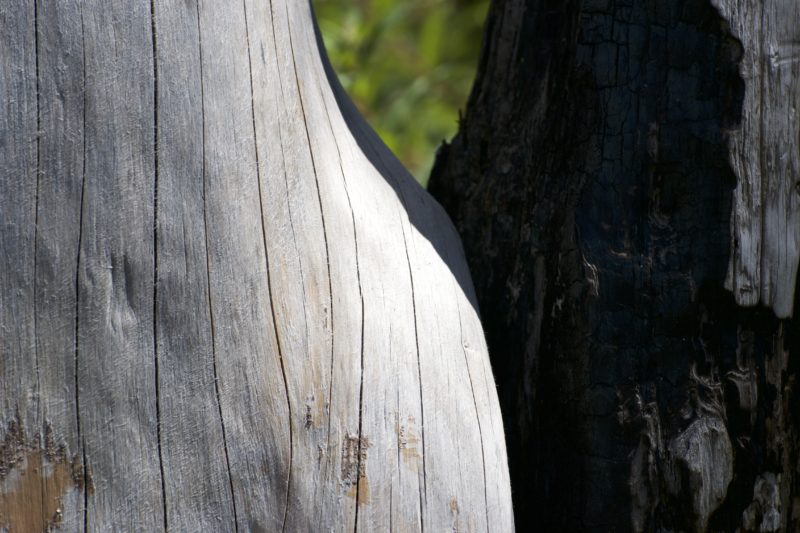





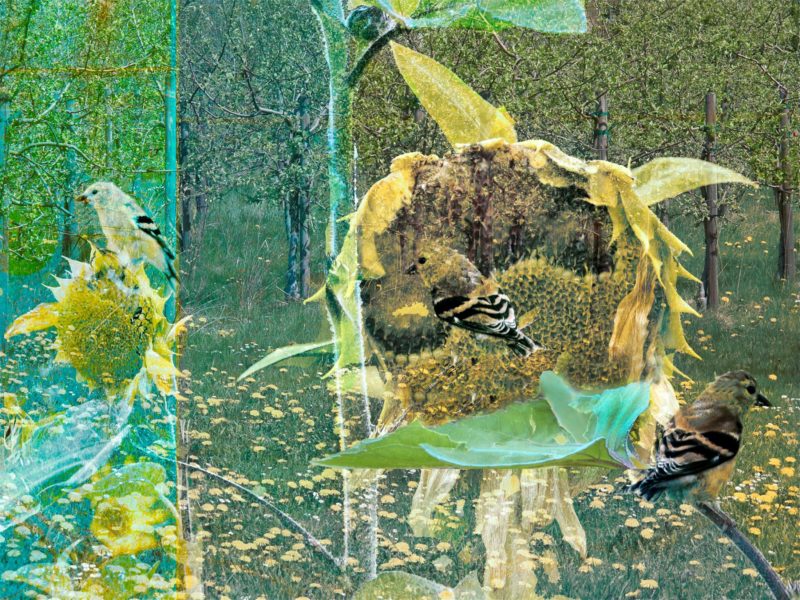






 .
.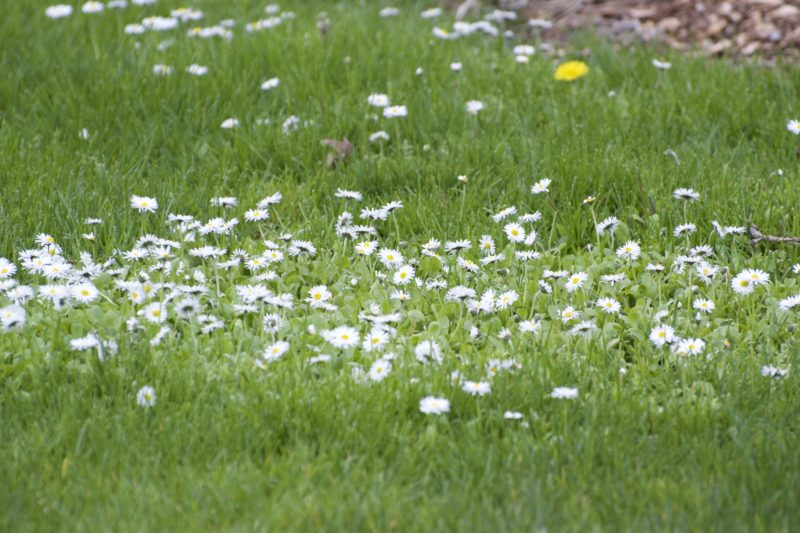





















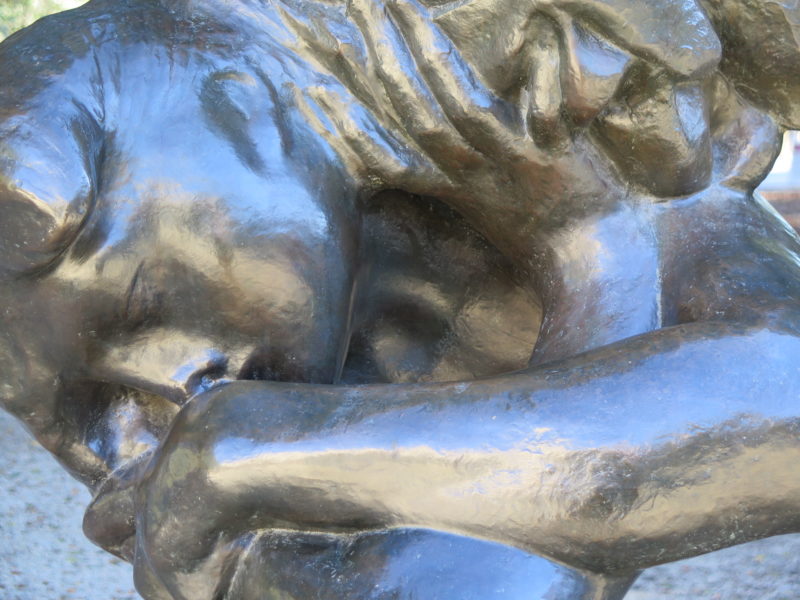


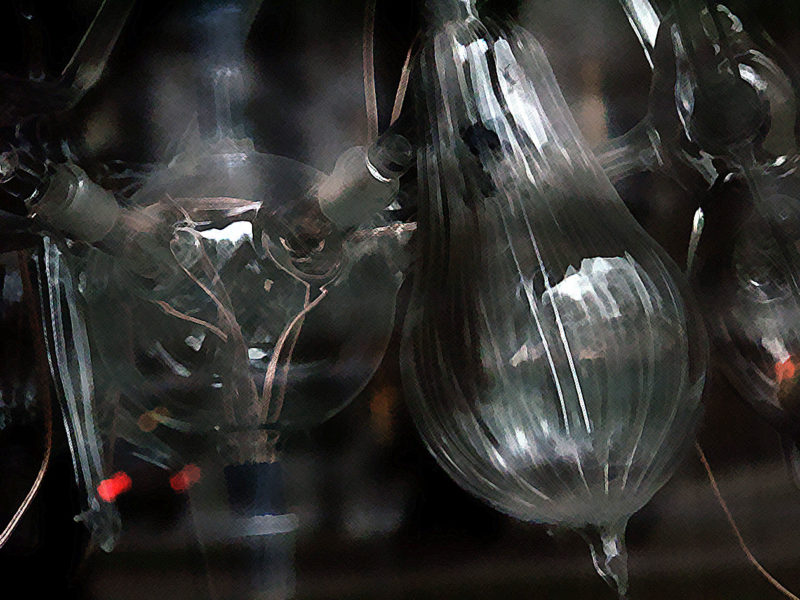

 Discovery
Discovery 
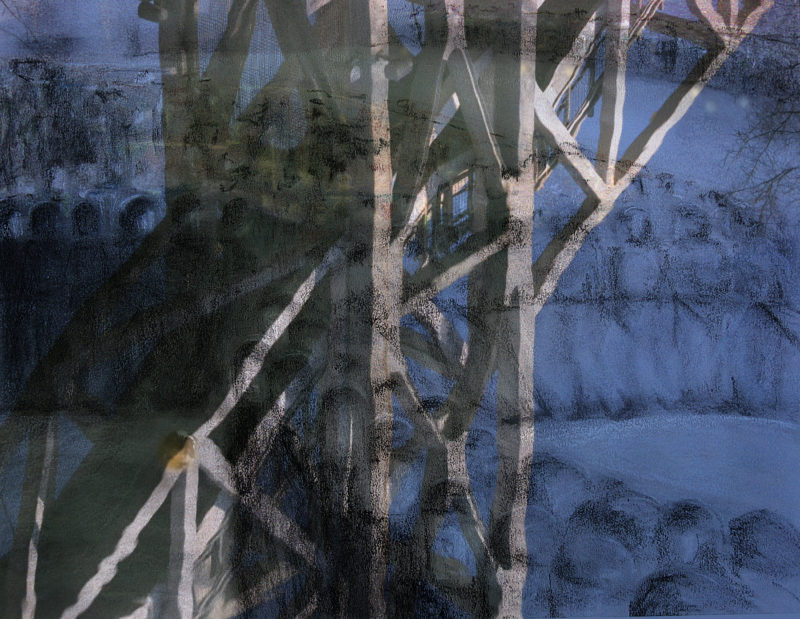


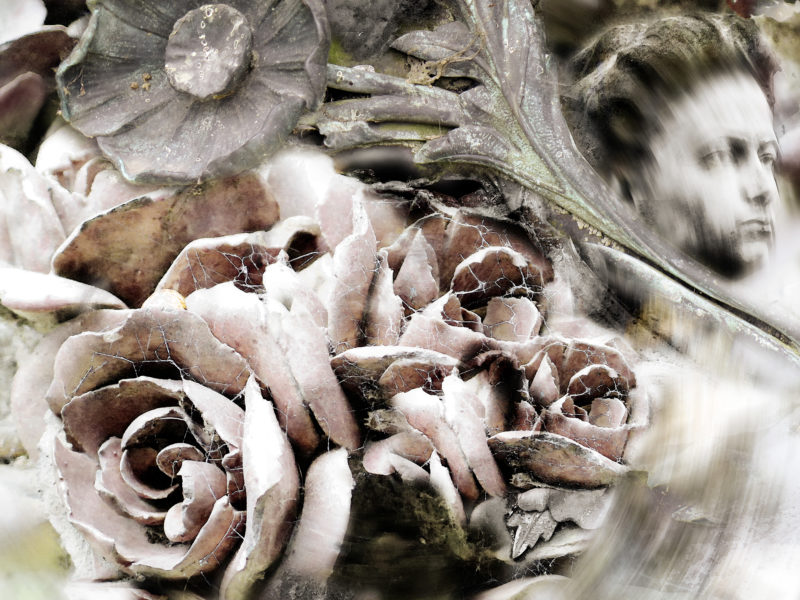


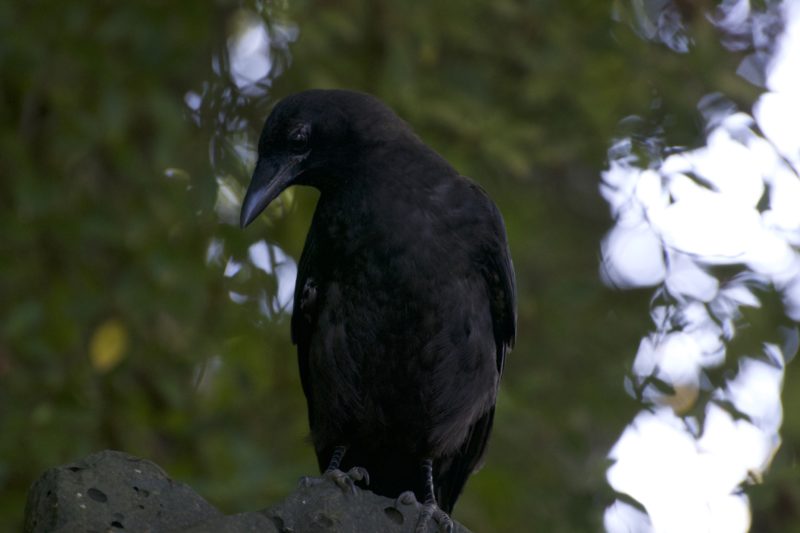
 Felix Crow
Felix Crow

